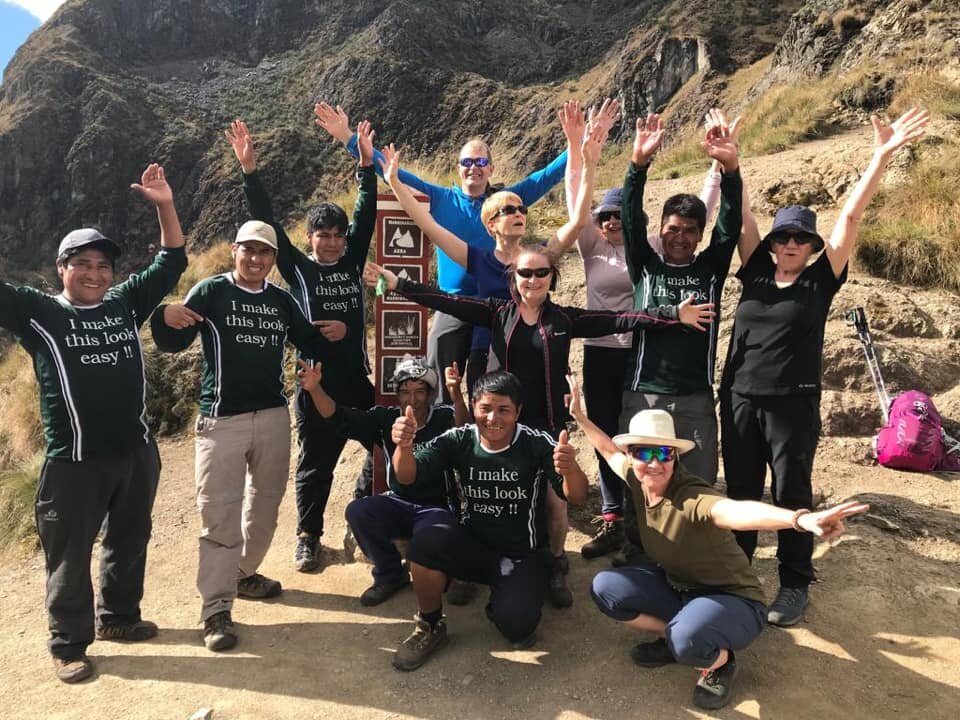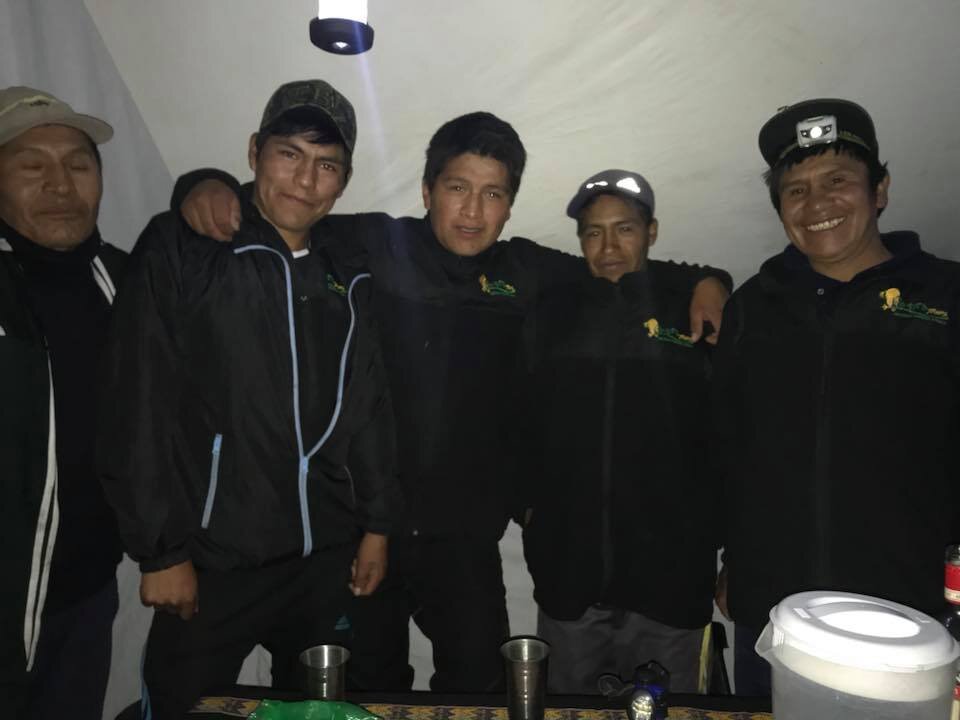Responsible Tourism
At Papi’s Treks, we believe in responsible tourism. With our tours we aim to promote:
Cross-cultural understanding by including local daily life activities with local people and communities - you will experience the real Peru.
Local economy investment by employing local people as guides and staff; staying in smaller-scale locally owned accommodation (where possible); buying locally sourced food and drinks; and including local artisan shops in our itineraries for purchasing souvenirs.
Environmental sustainability by (where possible) using public transport, minimising plastic waste, and careful management of limited energy and water resources - for example by providing you with safe drinking water for your refillable bottles.
Safeguarding vulnerable groups including women, children, disadvantaged communities, animals and endangered species.
Supporting local businesses or artisans
There will be several opportunities to support local craftsmanship on our tours, for example at Pisac, Lake Titicaca, Chinchero, etc. Our guides will recommend locally owned restaurants or local snacks to try at stands and markets.
While Trekking
ZERO IMPACT: On our treks we do everything we can to reduce our impact, by for example removing all waste from campsites and separating it for recycling. We buy all of our food ingredients from local supermarkets. We will provide you with safe drinking water so please do bring refillable water bottles in order to reduce plastic waste.
PORTERS: You’ll see that each member of the team works incredibly hard, not only by carrying all our equipment and supplies, to ensure our successful, safe and unforgettable hiking adventure, so we also have a responsibility to take care of them. Our founder Mike makes fair and respectful treatment, fair wage and safety for his crew a top priority. We make sure they receive everything they need for the trek including transport, food, clothing and other equipment, as well as cover any medical expenses they may require during the treks.
In Peru, there are some strict regulations when it comes to registration, physical health, background checks and training of porters, cooks and guides. We pay and treat all our porters, cooks and guides in compliance with government regulations, and often go well beyond the minimum legal requirements. We strictly enforce the maximum weight limit a porter can carry, which is checked and each load weighed at the start of the trail. We ask passengers to pack only what is necessary for the trek to make it easier on them.
We will introduce the group of travelers and crew to each other at the start of the hike. As will be explained during the briefing, when recruiting porters priority is given to those from local and disadvantaged communities. Many may not have had access to adequate education and they usually speak very limited English. Our guides will encourage you to interact with them as much as possible, including teaching you a few words in Quechua!
At the end of the trek, we hope you’ll agree that they deserve a tip for their hard work - your guide will help you work out the appropriate amounts and splits (check our tip suggestions in the FAQ).
OUR Top responsible travel tips FOR YOU
Be open to learning as much as possible before and during your trip about the countries you are visiting – the religion, culture, local rules and values.
Learn some of the local language and don’t be afraid to use it! We will teach you.
Support locally owned businesses, hotels, restaurants and other services as much as possible. Try some local food and drink (you may find a new favorite), use public transport or walk where possible to meet local people along the way.
Your money shows investment. Do research into a place or business’ practices and avoid any that promote cruelty.
Buy traditional handicrafts or locally made products, these make much more valuable souvenirs and help keep traditions alive.
Dress respectfully and be aware of local standards, especially at religious sites.
Always ask before photographing people, your leader will also give you some guidance as some communities are not so comfortable with this (or will ask you for money).
We discourage people from giving money or gifts to beggars, especially children as they are often taken out of school to earn money in this way. There are more constructive ways of supporting local communities or projects and we’d be happy to give you some suggestions.
Take care of the environment as you would your own home. Use alternatives to plastic where possible, such as refillable water bottles. Don’t litter, including cigarette butts - leave only footprints.
After returning home think about how you can support programs and organisations that are working to protect the welfare, culture and environment of where you’ve been lucky to visit.







